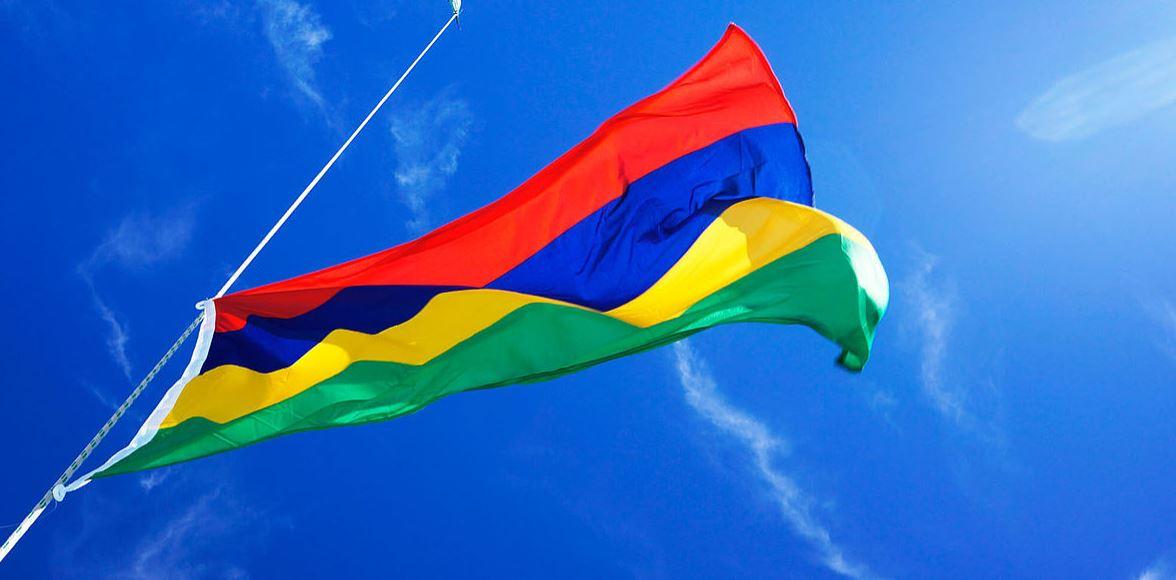
How to Use Democracy To Deny Human Rights
“You gather the idea that Mauritius was made first, and then heaven; and that heaven was copied after Mauritius.”
– Mark Twain
Since its rebirth as an independent state in 1968, this paradisaic island has been touted as a paragon of democratic political institutions promoting rapid economic growth and motivating its citizens to overcome divisions of religion, language, ethnicity, and region of origin. It is looked up to as an example of thriving democracy and constitutionalism in the aftermath, most recently, of Dutch, French, and British colonization.
One benefits greatly from venturing beyond a cursory look at this small island republic’s admirable history and digging into the respect for institutions borrowed from its Western overseers. In doing so, it becomes painfully transparent that proselytizing about the virtuous and egalitarian character of a representative democracy has been little more than another shrewd but effective tactic of the state to maintain its essentially illiberal nature with the end goal of enthralling the ancestors of present-day Mauritians and ensuring that their descendants are born under its yoke.
The Lack of Preexisting Cultural and Societal Institutions
Unlike a select few of its fellow African entities, such as Botswana or Madagascar, Mauritius has not had the advantage of precolonial institutions or cultural frameworks to promote resistance against the state’s encroachment on property rights or to provide guidance for development following the departure of the colonizers. With regard to Madagascar, several Malagasy tribes, specifically the Merina, had such institutions. This society, descended from Southeast Asian settlers, adhered to a legal code instituted by its Hindu aristocracy, which l’Estrac describes in Mauritians: Children of a Thousand Races, his 2004 work, as outlining a basic social order, the organization of justice, the status of the family, property rights, moral values, and territory. However, this lack of precolonial institutions or frameworks did not prevent the spark for an anarchic society from coming forth.
Beginning in the late seventeenth century, the incumbent Dutch colonial administrators witnessed not only the ruthlessness and violence they could inspire in rebels and runaway slaves, but also how this diverse group, comprising Malagasy and Indian slaves, could achieve peaceful coexistence. Taking refuge in the uncharted Mauritian wilderness upon their escape, this seemingly disparate group of former slaves, miles away from their respective motherlands, established a society in which each individual’s land was demarcated and neighbors’ property and individual rights, as well as their freedom to practice whichever faith they belonged to, were respected. The commonalities that transcended their differences were their love of freedom and willingness to take any measures necessary to defend their liberty. No measure was so drastic or immortalized as their arsonist massacres of the Dutch establishment in 1677 and their escape to Bourbon Island (present-day Réunion).
Thus, if we are to lament the loss of a truly voluntarist spirit among the island’s modern-day citizens, as well as its diaspora, we can pinpoint the departure of its anarchic ancestors, in the pursuit of their own freedom, as the downward turning point in the fight against the state. The fight for freedom by any means necessary did not end here; uprisings and revolts became increasingly frequent over the following years, manifested by Malagasy and Indian slaves who saw slow, excruciating deaths as free men and women as preferable to lifetimes spent chained and shackled.
The State Wises Up
Under no colonial administration were the state’s attempts to keep disenfranchised groups pitted against one another more beautifully executed than under the French (1715–1810). The legal codes and governmental practices that their bureaucracy left behind were fundamental to keeping the freedoms and aspirations of the island’s inhabitants in check.
However, to understand how these manifestations of statism in their colonial incarnations function, it is crucial to gain an accurate picture of who stood where in the social hierarchy of the day. At the dawn of French rule, the elite consisted of French-born inhabitants who had arrived in service to the East India Company. Whites born on the island were directly beneath them. Then the Creoles, foreigners (Englishmen and Dutchmen), and, finally, the slaves, the latter of which were separately categorized as black, Indian, or Malagasy. At the turn of the century, this hierarchy had remained more or less unchanged, perhaps with greater diversity in the middle class (the “people of color”), which at this point consisted of free Indians and Creoles.
With specific regard to the Indians, a singularly ingenious strategy by the French colonial government to gain better control over them was the creation of the “chief of the Malabars” (chefs de Malabars) office1 in 1784. The position was created in response to frequent intracommunal feuds.
The position was filled by Denis Pitchen, a wealthy Tamilian Catholic born to free Indian parents. At a superficial level, Pitchen’s elevation to a position of authority as a nonwhite resident would be lauded as a milestone for the representation of nonwhites, particularly by apologists of colonialism or advocates of reform through bureaucratic channels. However, l’Estrac provides us with two wrinkles that undermine this milestone’s glorious sheen:
Pitchen was a slave owner, and among his possessions were other fellow Indian Christians. This drew the ire of the Catholic Church, which expressed its indignation at the enslavement of Christians.Rather than serving any meaningful diplomatic position, the office of the chief simply served as a conduit for the Franco-Mauritian plantocracy to infiltrate the Indian camp and ensure that their internal troubles would not affect the administration’s hold over them.
Pitchen’s performative elevation was a crippling blow to the self-determination of the inhabitants. This tactic was a common one for rulers: elect an elite or a committee of them from the disenfranchised classes and grant them a few privileges to convince them of the benefits of retaining the present system of governance. The efficacy of this strategy is evident in the resignation of the future generations to the legislative and executive tools of the French and, later, the British as the best pathways to improve their condition and environment.
In their 2015 article in the journal International Labor and Working-Class, Yoshina Hurgobin and Subho Basu not only confirm the predicament of indentured laborers, as previously mentioned, but also reveal the despicable bastardization and repression under oligarchies and all forms of big-government camps throughout history (a feat that Murray N. Rothbard defines as the theft of capitalism from laissez-faire liberals by right-wing traditionalists). Knowing that an open and free labor market would allow laborers to pursue better-paying jobs or positions in which they could diversify their skills, the plantocracy saw to it that the state’s anticapitalistic and illiberal character trumped any entrepreneurial spirit that was slowly brewing within Mauritian society.
The state’s decisive blow to freedom and liberty came in 1886, when the revered reformist Sir William Newton began the electoral tradition of the Council of Government. Newton was very careful to restrict the franchise to those who met the criteria of earning a certain income and owning a certain amount of wealth in the form of assets or land. Despite this discriminatory restriction of the franchise, the masses’ adoration of democracy would soon grow into a general culture of leaving the responsibility of governance in the hands of “elected” officials. This contract, however, is merely symbolic, as their own constitution only recognizes three groups (Hindus, Muslims, and Chinese), with the remaining communities being lumped together under “general population.”
Conclusion
As the politicians and lawmakers of the Mauritian political structure have become more diverse (only with regard to ethnicity and religion, as opposed to diversity of thought and philosophy), the Mauritian population has convinced themselves that their fight for liberty and self-respect as a nation is behind them, remaining ignorant of the pyrrhic nature of their “victory.” In the end, the fact that the notion of a people not needing a government to have their freedom of religion and speech seems absurd represents the devastating extent to which the statist mentality has been cemented in the minds of the men, women, and children of this country.
1. In the colonial context, “malabar” was a generic term used to describe Indians brought to the island, some as slaves and some as indentured laborers. The term refers to the Malabar Coast of the Tamilnadu state in south India.



